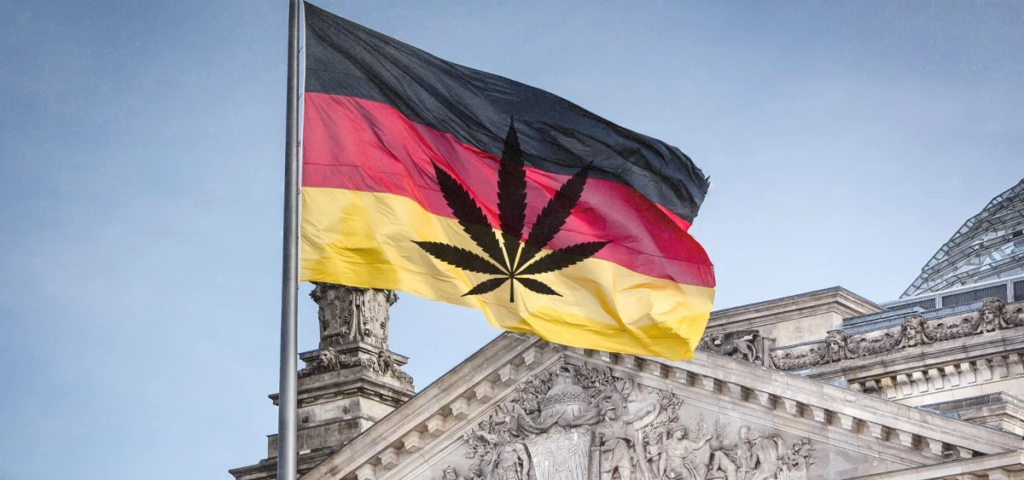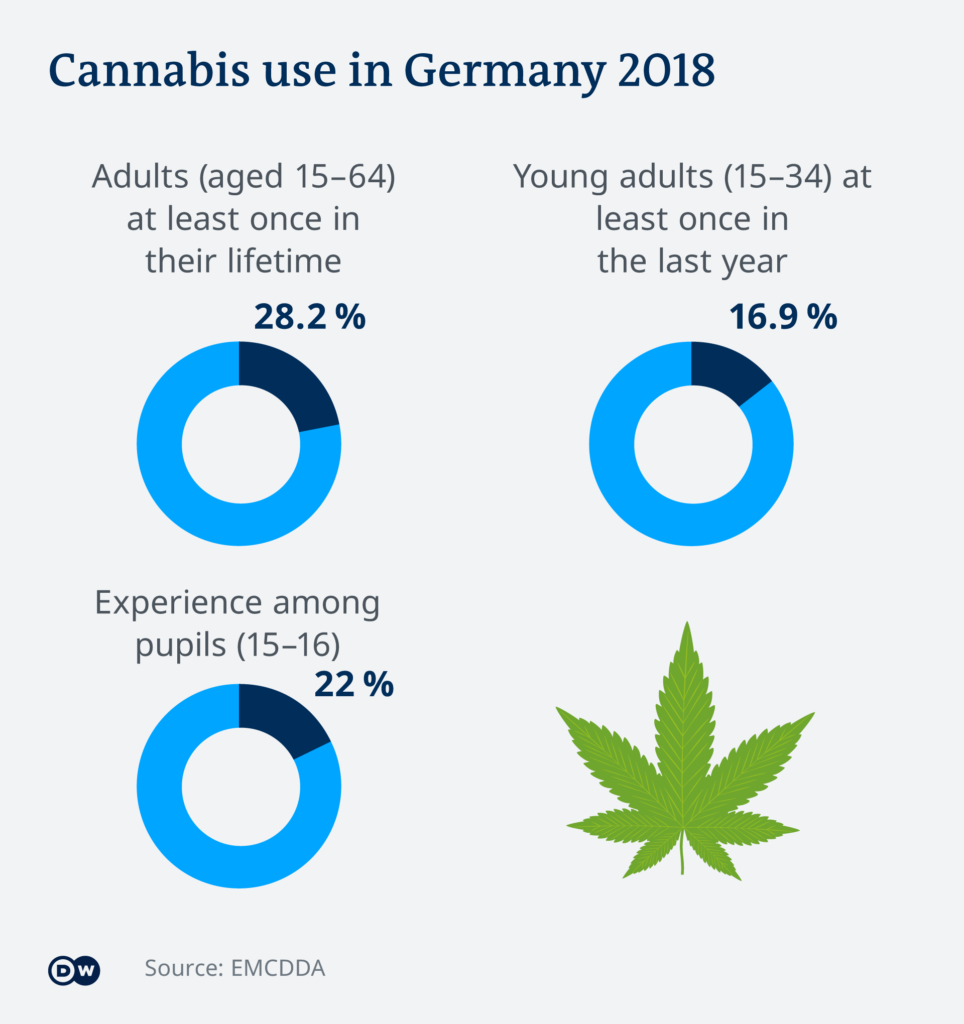In a landmark decision that marks a significant shift in drug policy, Germany has announced partial cannabis legalization, ushering in a new era for the nation’s approach to the substance. As of July 1, adults in Germany will now be able to carry up to 25 grams of dried cannabis flower for recreational use and will have the option to cultivate up to three cannabis plants at home. This bold move is aimed at curbing illegal trade and ensuring quality control over cannabis products available to consumers.
Cannabis Legalization: A New Chapter in German Drug Policy
Germany’s recent amendment to its drug laws signifies a progressive stance towards cannabis and reflects a growing trend in Europe over the past two decades. The move is set to redefine the social and legal landscape of cannabis usage, with implications that extend far beyond the circle of current consumers.

Rationalizing Recreational Use
Cannabis legalization in Germany hinges on practicality and is constituted by a framework designed to remove the criminal element associated with the drug. The newly liberalized law permits adults to partake in the cultivation and use of cannabis within regulated limits. Additionally, on July 1, adults who prefer not to grow their own plants will be able to join cannabis clubs. These clubs are entitled to grow and dispense the drug on a non-profit basis, with each club restricted to a maximum of 500 members.
Members are limited to one club affiliation, subject to membership fees, and can purchase up to 25 grams per day, capping at 50 grams monthly. For individuals under 21, the limit is set at 30 grams per month, indicating a thoughtful consideration for layered regulations that cater to different age groups.

The Social Impact of Legalization
The new policy was celebrated by supporters with a “smoke-in” at Berlin’s Brandenburg Gate, representing a collective sigh of relief from those who wish to remove the criminal stigma associated with cannabis use. The argument advocates for an environment of open discussion and educational awareness rather than criminalization.
The German government concurs with this perspective, indicating that legalization could destabilize criminal networks, safeguard users from contaminated products, and relieve the police to focus on more severe offenses. Both authorities and advocates believe that this strategy will progressively dismantle the black market.

The Controversy and Criticisms Surrounding the Legalization
Nevertheless, the decision has stirred debate among various sectors. Healthcare professionals, police unions, and many experts have expressed their reservations, highlighting potential issues such as the risk of increased demand leading to criminal infiltration of cannabis clubs, traffic safety concerns, and the potential normalization of cannabis use among minors.
Despite studies suggesting that cannabis usage can lead to higher probabilities of substance dependency, proponents argue that existing policies have failed to curb usage among youth and contributed to an expanding black market. The German government posits that a regulated system is a more effective approach to tackling these issues.
The European Perspective on Cannabis Legalization
Germany now joins Malta and Luxembourg in a growing number of European nations reevaluating their stance on cannabis. While other countries, like the Netherlands, maintain a policy of tolerance rather than outright legalization, the shift in attitude across Europe is palpable.
The debate over whether decriminalization is the correct route continues, with opinions divided on both sides. As countries grapple with the complexities of cannabis legalization and its broader effects on society, they are navigating a new chapter characterized by transformations in policy, public health, and law enforcement.
Read More:- The Uphill Battle to Ban TikTok in the U.S.
While the consequences of Germany’s decision will surely unfold over time, it represents a significant policy change that may encourage other nations to reexamine their approaches to drug legislation.
Explore the world of anime. Head on to Pop Media Pulse
